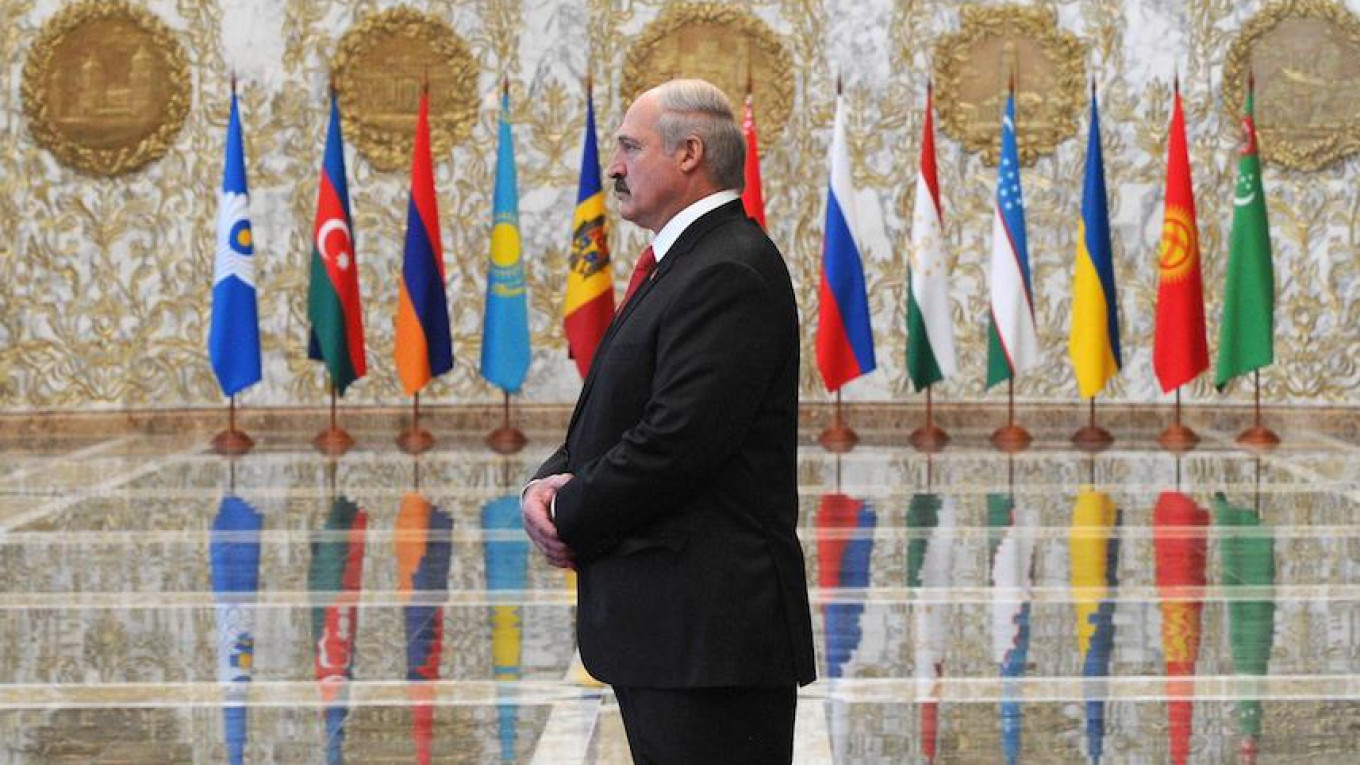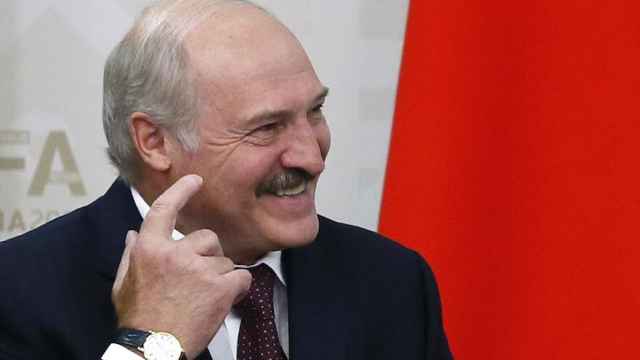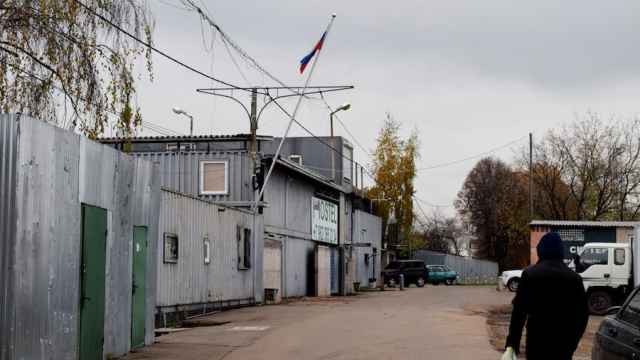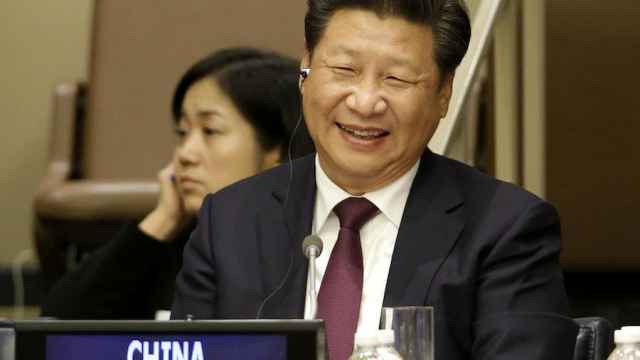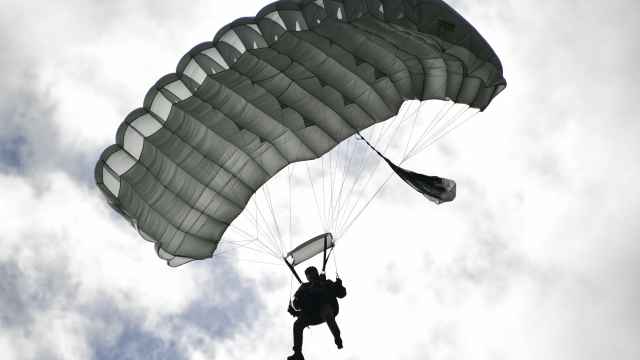A new border zone between Russia and Belarus will damage bilateral relations, Belarusian President Alexander Lukashenko has claimed.
The president slammed the Kremlin's decision to introduce border controls in the Bryansk, Smolensk and Pskov regions as “reckless” and “purely political.”
He also dismissed the Kremlin's claims that controls are needed to safeguard Russia's national security.
Officials in Minsk have already expressed concerns that the change could restrict the rights' of Russian and Belarusian nationals to work and live in either country without formal migration controls. The hard Russian-Belarusian border disappeared in 1995.
The move has been widely seen as a reaction to Belarus' decision to soften visa rules for citizens from more than 80 countries.
Konstantin Kosachev, the head of Russia's Federation Council Committee on International Affairs, told reporters that the measures would specifically target nationals from “third countries,” such as Ukraine.
“This change is designed ensure that the Russian border here works as it does elsewhere,” he said on Thursday. “[It's] not to place stress on our relationship with Belarus.”
Belarusian officials have stood by the decision to relax controls despite Moscow's displeasure. Foreign Minister Vladimir Makey announced on Friday that the country could even extend the visa-free period if the pilot was successful.
From July 2017, citizens of the EU, the United States and 41 other states to visit Belarus for up to five days without a visa. The decree only applies to foreigners arriving in Belarus via Minsk Airport, and only if they have not arrived on a flight from Moscow.
A Message from The Moscow Times:
Dear readers,
We are facing unprecedented challenges. Russia's Prosecutor General's Office has designated The Moscow Times as an "undesirable" organization, criminalizing our work and putting our staff at risk of prosecution. This follows our earlier unjust labeling as a "foreign agent."
These actions are direct attempts to silence independent journalism in Russia. The authorities claim our work "discredits the decisions of the Russian leadership." We see things differently: we strive to provide accurate, unbiased reporting on Russia.
We, the journalists of The Moscow Times, refuse to be silenced. But to continue our work, we need your help.
Your support, no matter how small, makes a world of difference. If you can, please support us monthly starting from just $2. It's quick to set up, and every contribution makes a significant impact.
By supporting The Moscow Times, you're defending open, independent journalism in the face of repression. Thank you for standing with us.
Remind me later.


